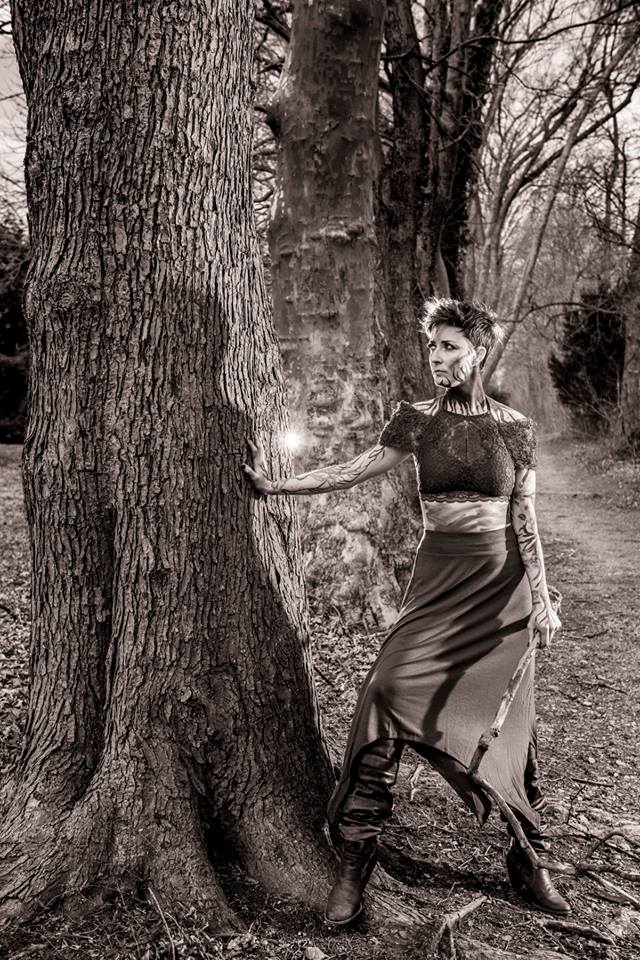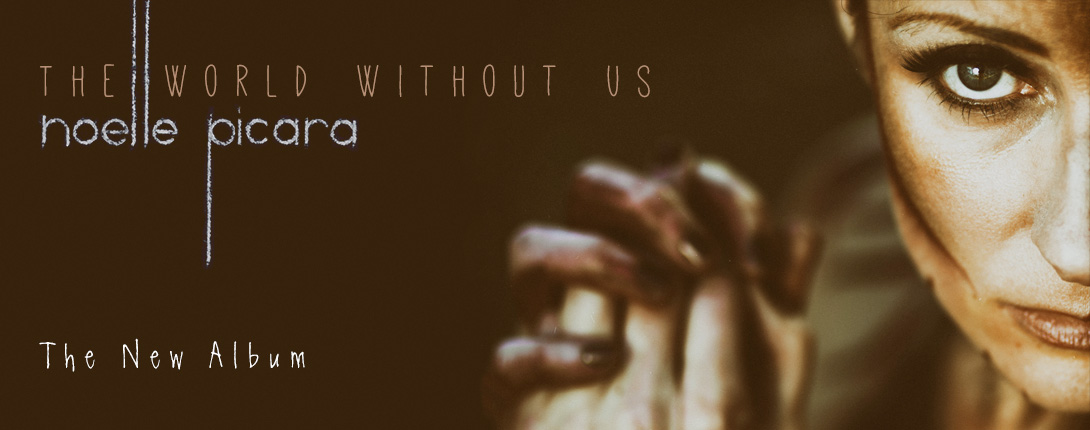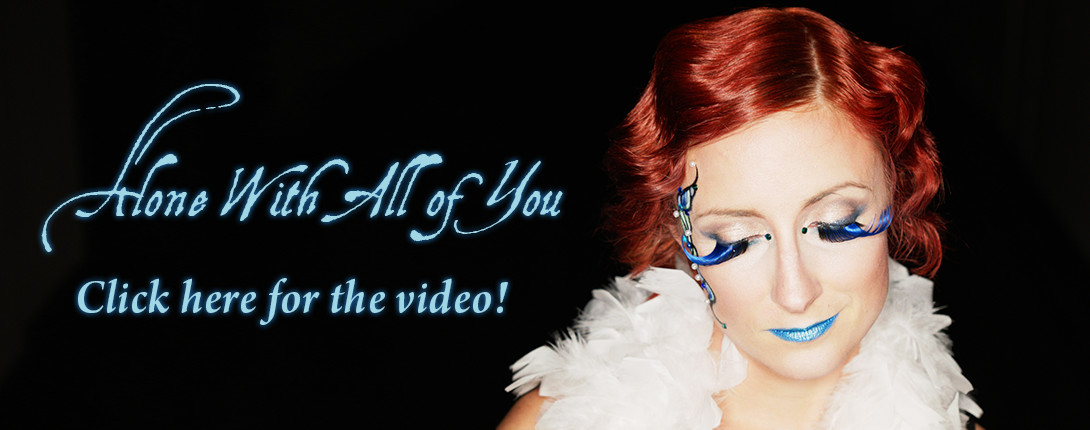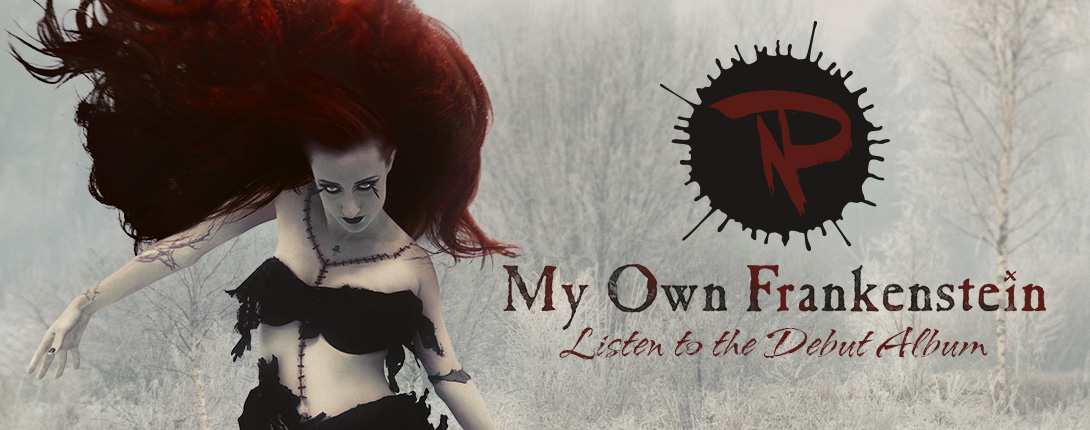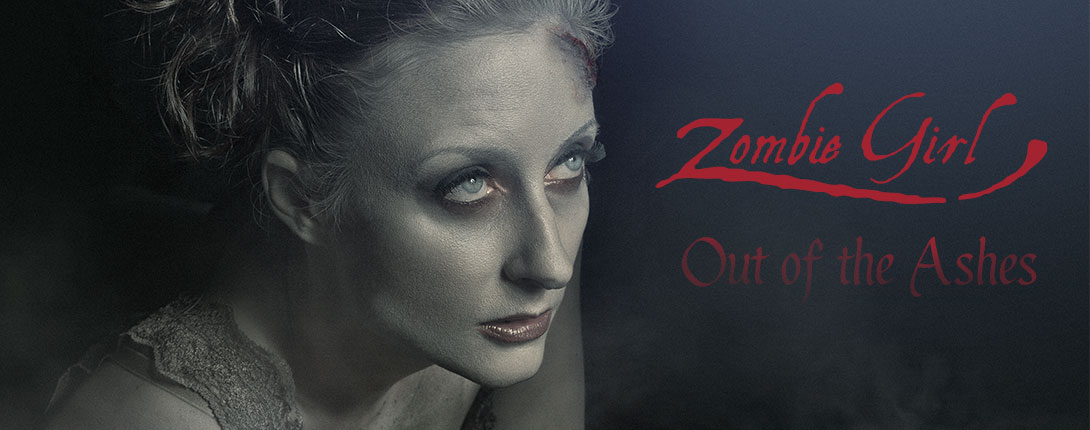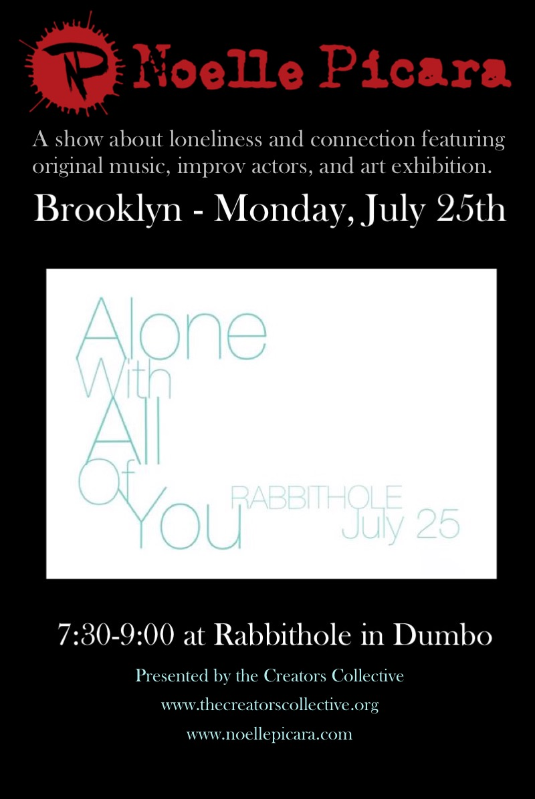
As I prepare the final mixes of my new EP, The World Without Us, I ask you to stand with me as we fight to defend equal rights for all Americans. As the song by U2, “Invisible,” says: “There is no them. There’s only us.”
You are not separate – there is no world without us. Standing up for the rights of others is a stand for yourself, and it’s easier than you think, especially if a critical mass of citizens begin right now.
The excerpts below are taken from Privilege, Power, and Difference by University of Hartford sociologist Allan G. Johnson.
“The challenge we face is to change patterns of exclusion, rejection, privilege, harassment, discrimination, and violence that are everywhere in this society and have existed for hundreds (or, in the case of gender, thousands) of years….Large numbers of people have sat on the sidelines and seen themselves as neither part of the problem nor the solution….Their silence and invisibility allow the trouble to continue. Removing what silences them and stands in their way can tap an enormous potential of energy for change.”
- Acknowledge that the trouble exists. The key to every oppressive system is unawareness, because oppression contradicts so many basic human values that it invariably arouses opposition when people know about it.
- Pay attention to how privilege and oppression operate and how you participate in them.
- Little Risks: Do Something. The more you pay attention to privilege and oppression, the more you’ll see opportunities to do something about them.
What Can We Do?
- Speak out against harassment and violence, wherever they occur.
- Oppose the devaluing of women and people of color in the work they do.
- Support services for victims of violent crime. Help to counsel perpetrators of violence.
- Support clear and effective anti-harrassment policies in the work place, schools, unions, religious places, political parties, and public spaces.
- Promote diversity awareness and training.
Make sure to read Johnson’s full article for specific ideas about what you can do, and to understand how each of us plays a part in systems of oppression.
There is no middle ground. We either support systems of oppression, or we challenge them. As Elie Wiesel taught us, “We must take sides. Neutrality helps the oppressor, never the victim. Silence encourages the tormentor, never the tormented.”
Going to the March on Washington? Have any thoughts to share? Leave your comments below.
Why the starfish? Read the starfish story here.
